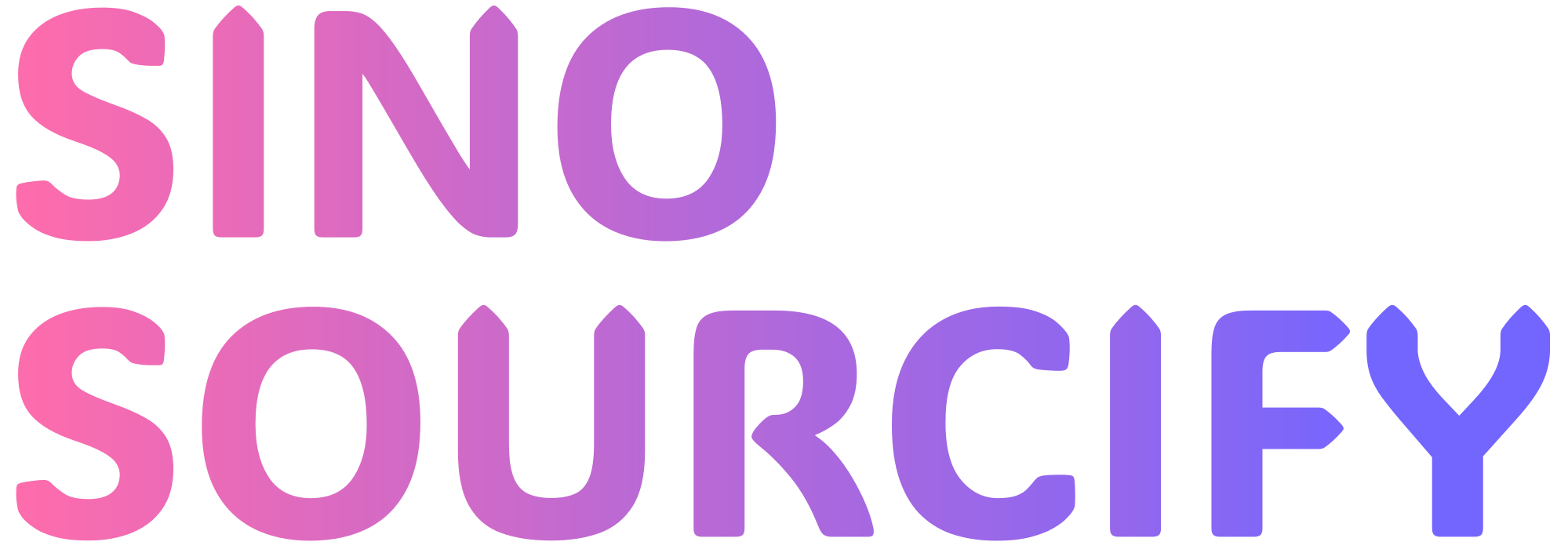In an era where corporate responsibility and sustainability are under increasing scrutiny, the sourcing of conflict-free minerals has emerged as a critical issue for industries ranging from electronics to automotive. These minerals—such as tin, tantalum, tungsten, and gold (often referred to as 3TG)—are essential for manufacturing modern technology. However, their extraction and trade have been linked to human rights abuses, environmental degradation, and the financing of armed conflicts in regions like the Democratic Republic of Congo (DRC).
The Importance of Conflict-Free Minerals
Conflict-free minerals are those mined and traded without contributing to violence, forced labor, or environmental harm. Ethical sourcing ensures that supply chains are transparent and accountable, aligning with global standards like the OECD Due Diligence Guidance and the Dodd-Frank Act’s Section 1502. Companies that prioritize conflict-free minerals not only mitigate legal and reputational risks but also contribute to sustainable development in mining communities.
Challenges in Achieving Ethical Sourcing
Despite growing awareness, implementing conflict-free mineral programs is fraught with challenges. Supply chains are often complex and opaque, with minerals passing through multiple intermediaries before reaching manufacturers. Additionally, artisanal and small-scale mining (ASM), which employs millions in developing countries, lacks formal oversight, making traceability difficult. Companies must invest in rigorous due diligence, third-party audits, and blockchain technology to ensure compliance.
Best Practices for Responsible Sourcing
Leading companies adopt a multi-faceted approach to conflict-free mineral sourcing:
- Supplier Engagement: Work directly with certified smelters and refiners that adhere to international standards.
- Transparency: Publish annual conflict mineral reports and disclose supply chain due diligence efforts.
- Technology: Leverage blockchain and IoT to track minerals from mine to market.
- Community Development: Support initiatives that improve livelihoods for artisanal miners.
The Role of Consumers and Investors
Public awareness is a powerful driver of change. Consumers increasingly demand ethically sourced products, while investors prioritize ESG (Environmental, Social, and Governance) criteria. Platforms like Medium amplify these conversations, offering insights into sustainable business practices. By supporting brands committed to conflict-free sourcing, stakeholders can collectively push industries toward greater accountability.
As global supply chains evolve, the imperative for conflict-free minerals will only grow stronger. Companies that embrace ethical sourcing today will not only future-proof their operations but also contribute to a more just and sustainable world.



